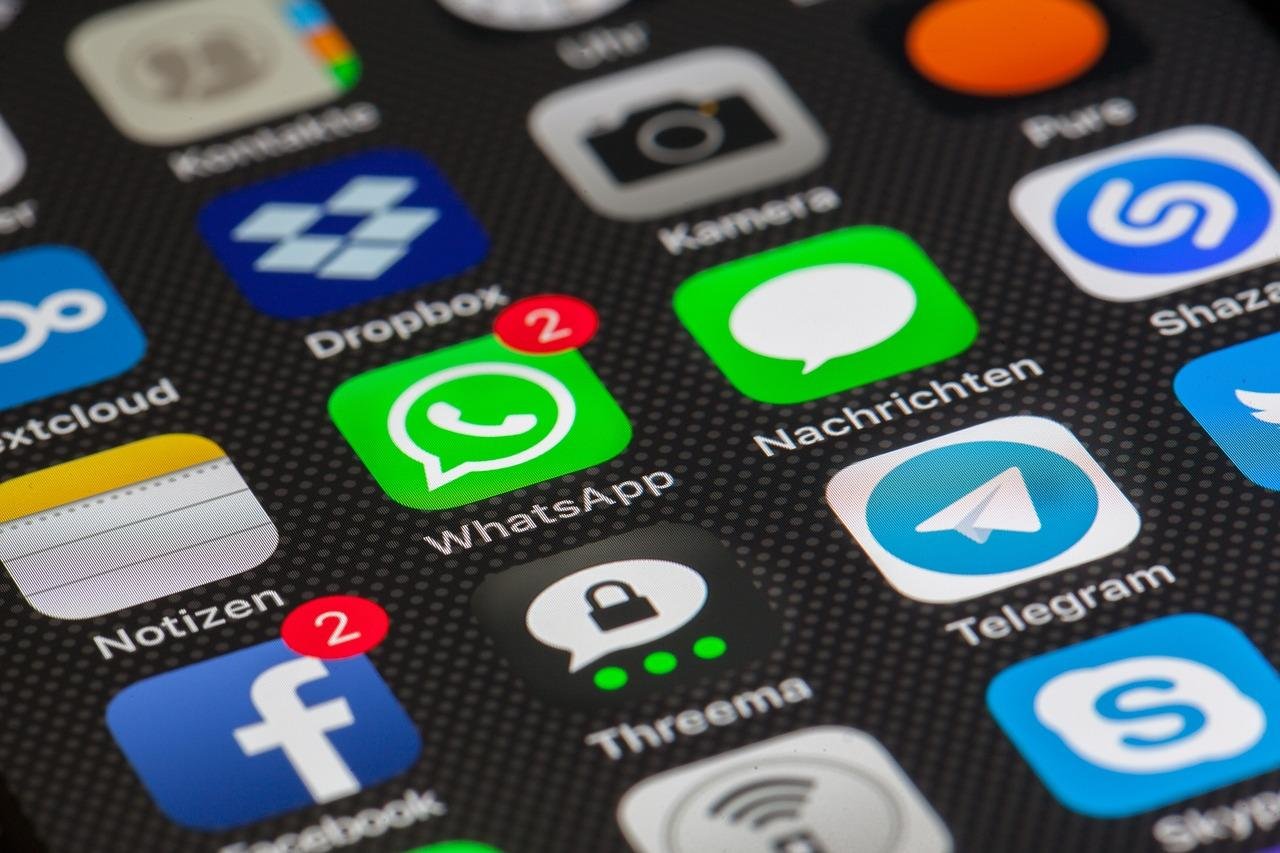Business
Social Media Restrictions May Block Essential Mental Health Support for Teens

The impact of social media on the mental health of young individuals continues to be a topic of significant concern, yet a comprehensive understanding remains elusive. Policymakers are now moving forward with measures such as age restrictions and warning labels for platforms like YouTube, TikTok, and Instagram.
However, experts argue that focusing solely on the negative aspects might lead to overlooking the potential benefits these platforms offer teenagers. The National Academies of Sciences, Engineering, and Medicine emphasizes this duality, suggesting that social media can, in fact, foster connections and alleviate feelings of isolation among certain groups.
In June, U.S. Surgeon General Vivek Murthy advocated for implementing warning labels on social media. Following this, the Senate passed the bipartisan Kids Online Safety Act, along with the Children and Teens’ Online Privacy Protection Act on July 30. At least 30 states have pending legislation regarding age restrictions and parental consent linked to social media use.
Concerns about algorithmically curated content creating unrealistic standards, distractions from notifications, and opportunities for cyberbullying have prompted these legislative efforts. Despite these valid concerns, Linda Charmaraman, a research scientist, highlights that for marginalized youth—such as students of color and LGBTQ+ individuals—social media serves as a vital outlet for connection and affirmation.
Arianne McCullough, a 17-year-old student at Willamette University, shared her experience using Instagram to connect with peers who share her background. “I know how isolating it can be feeling like you’re the only Black person, or any minority, in one space,” McCullough noted, emphasizing the significance of forming a supportive network.
Before engaging with social media positively, McCullough experienced negative impacts during the pandemic, feeling overwhelmed by constant body comparisons fueled by her online feed. Her mother echoed this sentiment, recognizing the addictive nature of social media for her daughter.
As youth mental health challenges have escalated, with increased reports of hopelessness and suicidal thoughts, experts have called for more nuanced research into the effects of social media. A committee from the national academies identified the multifaceted relationship between social media and mental health, urging further study to clarify these dynamics.
In a recent report, the committee cautioned against the potential unintended consequences of legislation aimed at restricting social media use among youth. Such measures might inadvertently isolate young individuals from their support networks during critical periods of their lives.
States like Virginia and Maryland have started to implement laws that prioritize children’s privacy and restrict the sale of their personal data. Additionally, the Kids Online Safety Act proposes to require parental consent for users younger than 13 and sets out to protect older minors from potential harm related to social media exposure.
Many states are announcing legal actions against companies like Meta, claiming they have downplayed the mental health risks associated with their platforms. These companies generally set a minimum age of 13 for users but still face scrutiny regarding their adherence to safety protocols.
Jenny Radesky, co-director of the American Academy of Pediatrics’ Center of Excellence on Social Media and Youth Mental Health, suggests that the core issue lies within the business models of social media, which are designed for profit rather than youth well-being. She asserts that existing policies do not adequately address the fundamental mechanisms that may harm young users.
As dialogues around the complexities of social media use continue, it remains essential to balance legislation efforts with an understanding of the platforms’ role in fostering connections during formative years.


















